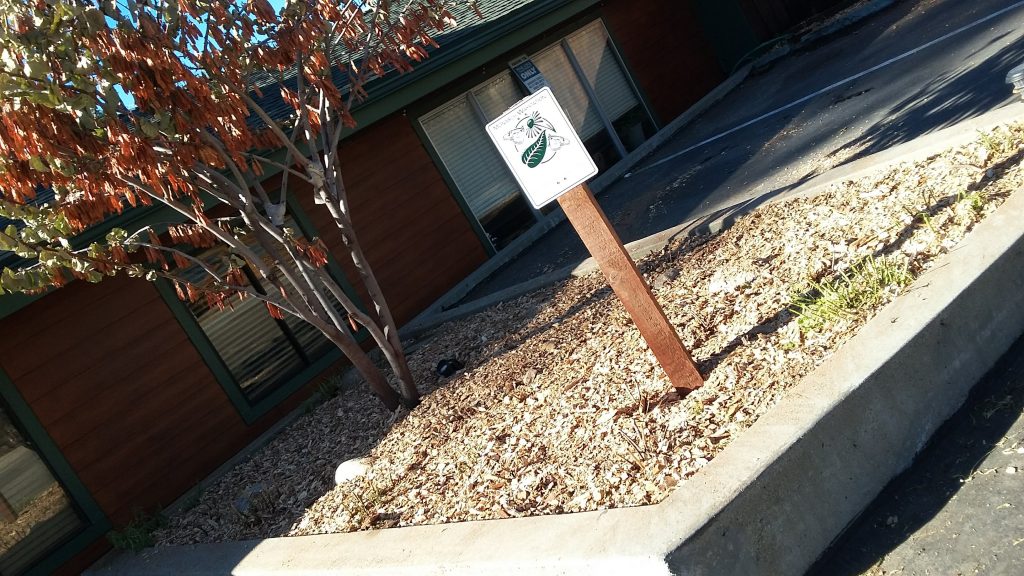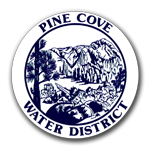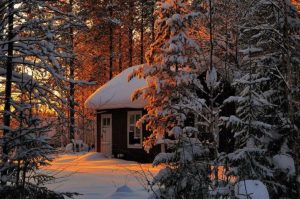Gardening with Woodchips in the Winter
There is no doubt that mulching builds soil, reduces the need to water, and helps control weeds. But what does it do to protect plants from the cold? In many climates, perennials will survive just fine without any protection. In cold areas, snow is an excellent insulator; it keeps plants underground at a temperature around freezing and protects them from the worst of winter conditions. If we could be sure that there would be a good layer of snow throughout winter, our gardens wouldn’t experience many problems at all. Without snow or other mulch in tough winter months, however, plants may suffer heaving and freezing, which can damage their root systems.
The best time to apply winter mulch is just after the first hard frost. By putting mulch down at this time, you will help stabilize the temperature of the soil right around freezing. Applying mulch too soon may delay freezing and encourage heaving and thawing. Applying it too late may cause the roots of plants to experience temperatures below that which they can handle.
Pine bark or wood chips are the best mulches; they enrich soil as they degrade. A layer of mulch about 4 to 6 inches deep over the plants works well. Most perennials will pop through the mulch in spring. If the plants are young, small, or newly planted in fall, you may need to clear some of the mulch in spring so that the plants can emerge without difficulty through the winter protection.
Organic mulches cushion the soil from compaction and erosion caused by heavy winter rains while safeguarding the soil’s storehouse of nutrients. In addition, winter mulches can enhance the cold tolerance of perennial vegetables, herbs and fruits, helping to insure a strong comeback in spring.

The what, why, how, and where
What are woodchips?
Woodchips are small pieces of wood.
Why would I want woodchips in my garden design?
The most common way of using woodchips for gardening is to spread them on the ground as mulch.
How?
It is important to remember that, as with any permaculture technique, every site is different and every plant species has its own unique requirements. You may find woodchip mulching in one part of your site does not work, while in another place it does wonders.
• Spread the woodchip mulch at least 2-3 inches deep
• Plant seedlings in the soil just below the woodchips
• It may be too difficult to move the woodchip layer for seeds which are small or closely spaced, such as carrots, beetroots, spinach, and onions, so maybe use a different mulch material if you are planning to grow these kind of crops
• Squash grow particularly well in woodchips
Where can you get woodchips?
We currently have a large pile at our Dutch Flats location that Pine Cove residents can go and gather as much as they’d like for free.
Special for December – have a truckload delivered for only $100
Posted in: Garden, gardening, Mulch, Raised Bed Gardens, The Garden, winterizing, Wood chips
Leave a Comment (0) →
